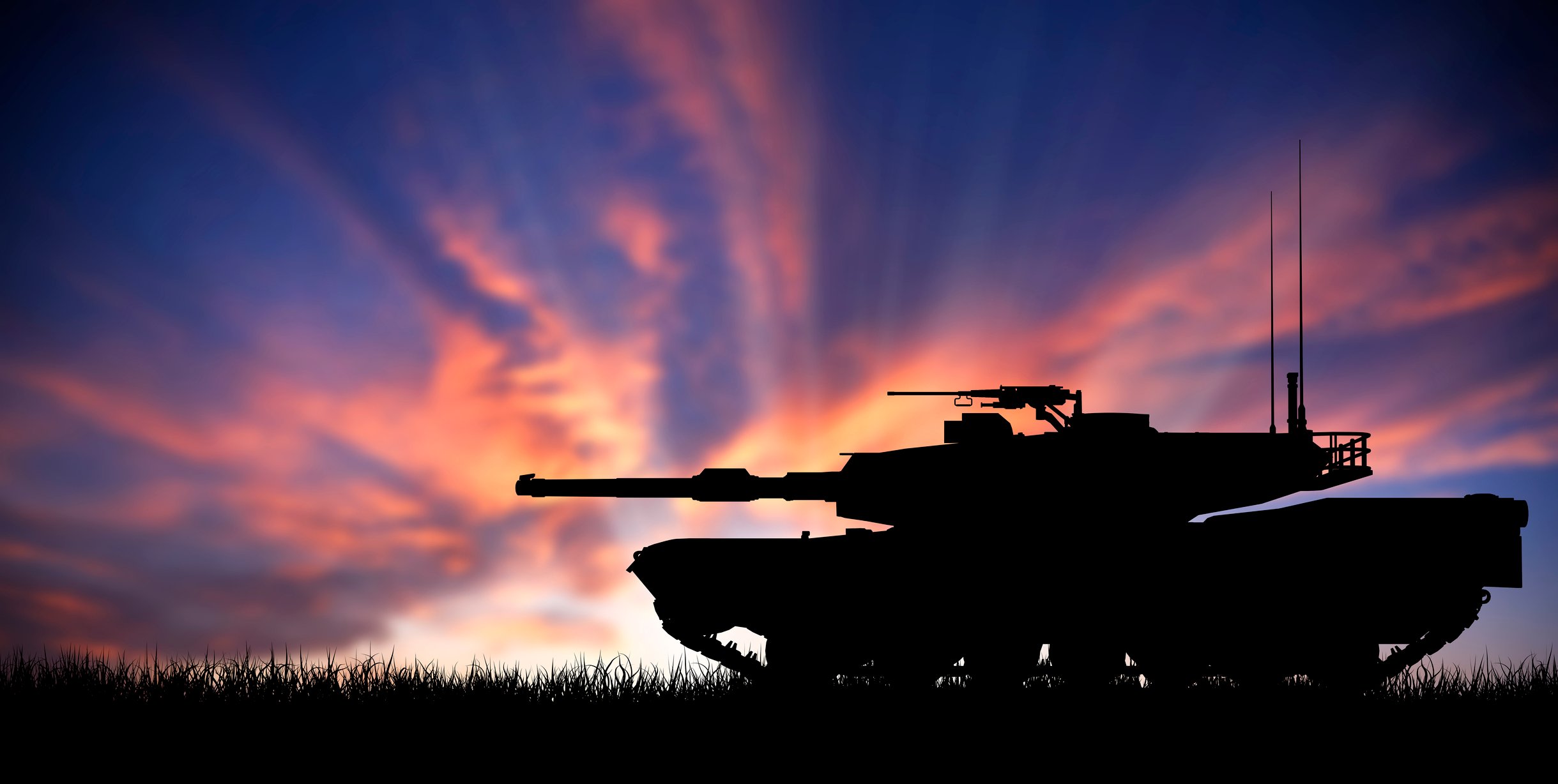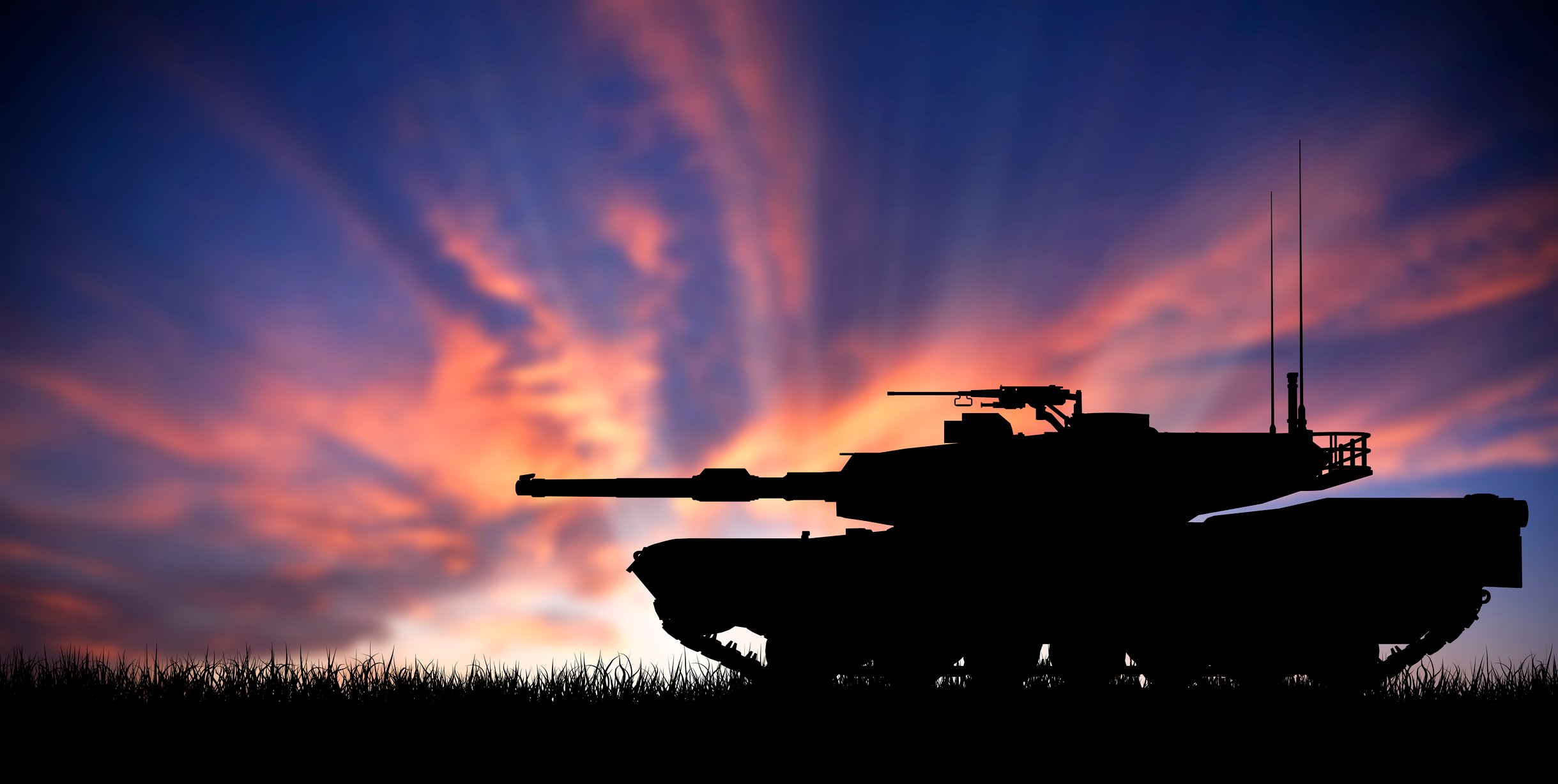General Dynamics (GD 0.73%) is launching a counteroffensive after Canadian government officials expressed desire to scrap a $13 billion armored vehicle sale to Saudi Arabia.
Canadian Prime Minister Justin Trudeau in a Dec. 16 television interview said he is looking at ways to back out of the planned sale in response to the killing of journalist Jamal Khashoggi and Saudi Arabia's involvement in the Yemen war. The Saudi deal with General Dynamics Land Systems-Canada for Canadian-made LAV 6 armored personnel carriers was negotiated by the previous government, led by Conservative Stephen Harper.

General Dynamics' Canada-made LAV 6. Image source: General Dynamics.
Following the prime minister's television appearance, GD's Canadian operations issued a written statement, noting that backing out of the deal could leave the government on the hook for significant penalties.
"Were Canada to unilaterally terminate the contract, Canada would incur billions of dollars of liability to General Dynamics Land Systems-Canada," General Dynamics said in the statement. "We hope that we will be allowed to continue to keep building sophisticated, high-value equipment in Canada."
America's biggest foreign weapons sales market
While a number of U.S. contractors have exposure to Saudi Arabia, General Dynamics is somewhat unique in its exposure through the Canadian, and not U.S., government. Saudi Arabia is the largest buyer of U.S. arms, with President Donald Trump suggesting about $110 billion in total transaction value, but most of the exposure appears manageable.
A bipartisan group of Senators in mid-November introduced the Saudi Arabia Accountability and Yemen Act of 2018, designed to increase legislative oversight over what is going on in Yemen and temporarily limit arms sales to the Kingdom.
Lockheed Martin on its third quarter call estimated that sales to the kingdom would total $400 million this year and rise to $900 million in 2019, or about 2% of total revenue. Raytheon meanwhile estimates that Saudi Arabia will account for about $1.3 billion in 2018 sales.
There are some offensive weapons in that mix, including Lockheed Black Hawk helicopters and some Raytheon munitions. But a large portion of that total is defensive weapons including Patriot missile systems and THAAD ballistic defense systems that are less likely to be covered should Congress move to restrict weapons sales to the Kingdom. The Senate legislation for example would exempt existing and planned "ground-based missile defense systems" sales.
General Dynamics in addition to the LAV 6 deal has a $1.3 billion contract to supply 100 Abrams tanks to Saudi Arabia that could be impacted should the United States take action.
General Dynamics is protected
The Saudi deal is an arms sale between governments, meaning that General Dynamics' customer is Canada, and not Saudi Arabia. Should Canada terminate, it would owe about $750 million in penalties to the company and could be on the hook to purchase any vehicles produced but not yet delivered. (This is also true for virtually all the U.S. arms sales to the Kingdom, limiting the financial risk to the entire contractor base.)
Still, General Dynamics would clearly be better served if the sale is allowed to go through. The Saudi deal accounted for nearly $6 billion, or about 10%, of the company's total year-end 2017 backlog. It offers a predictable stream of nearly $1 billion in annual sales through 2024 that will not be easily backfilled.
General Dynamics is a top defense buy for 2019, both on the potential for a recovery in its Gulfstream business and the growth outlook for defense. Losing the Saudi deal is not nearly enough to change my outlook for the company, but it could be enough of a temporary disruption to stunt growth and delay a stock recovery.
My bet is that, given the risks to all parties involved, there's a good chance that cooler heads will prevail and the Saudi deal, in some form, will be preserved. Investors can feel good holding General Dynamics either way, but the standoff north of the border is certainly one to keep an eye on.






